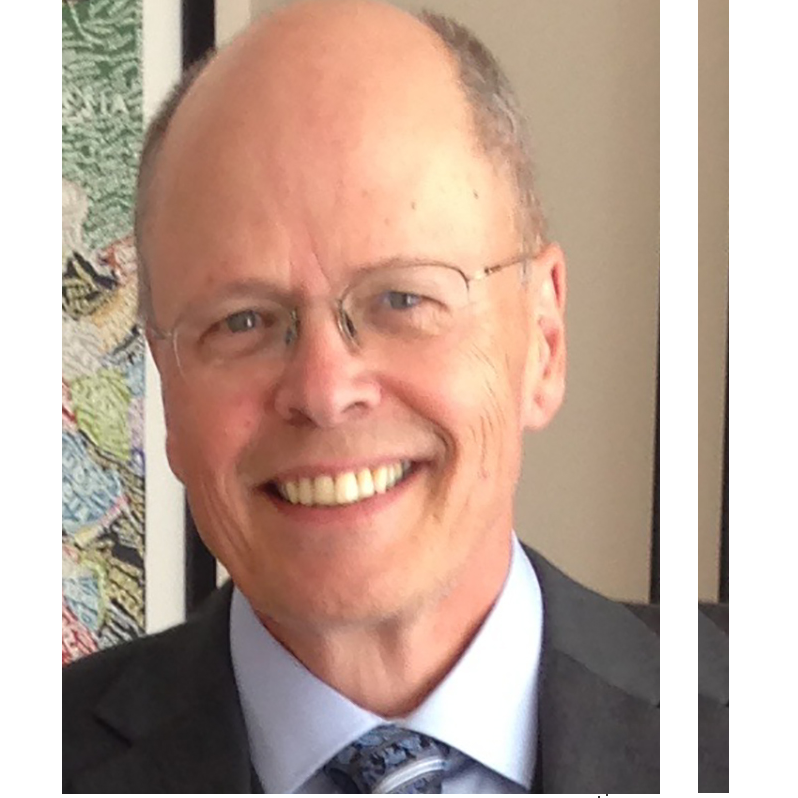Thermodynamics 2.0 | 2022 Program: Sessions and Abstracts
Mon - Wed, July 18 - July 20 , 2022 , Boone, North Carolina
Session P02: Keynote and Plenary (II)
8:30-10:30. Tuesday July 19, 2022
Chair: Ashuwin Vaidya
Title: Evolution is a Constructive Engineering Thermodynamic Enterprise
Presenter:
- Terry Bristol
(Portland State University, Institute for Science, Engineering and Public Policy)
Bio-sketch
Terry Bristol is a Philosopher of Science and Engineering who has held teaching positions at Linfield College, Portland State University, and Portland Community College. He has been President of the Institute for Science, Engineering and Public Policy, affiliated with Portland State University since 1987. https://www.isepp.org
Author(s):
- Terry Bristol
(Portland State University, Institute for Science, Engineering and Public Policy)
Abstract:P02.110
Abstract
Part One. I introduce the modern engineering worldview. Bugliarello argues that engineers and engineering are natural extensions of biological evolution. The entailment is that biological evolution is, and always has been, an emergent engineering enterprise. This view is not new. In Plato’s Timaeus, the universe emerges through the vision of the Architekton, Master Engineer. Vincenti emphasizes that engineering, by its very nature, is both creative and generative. The emerging structures and functions of reality are the result of an ongoing, recursively enabling engineering narrative. Simon sees engineers as seeking to move from a current state to a more desirable, more valuable, future state. Florman recognizes that engineering is existential, since engineers have the ability to act but lack a definitive script on just how to act, how to actualize the more desirable future.
The engineering framework is more general, encompassing both the sciences and the humanities. Engineering uses the tools of the sciences to advance the value narrative of the humanities. The modern engineering perspective argues for a new superseding understanding and broader research program in virtually all the established, ‘supposedly’ scientific, disciplines.
Part Two. The engineering worldview is based on engineering thermodynamics. Atkins points to two histories and two current formulations of thermodynamics. Engineering thermodynamics developed from the Carnots. Classical mechanical thermodynamics arose with Clausius. Boltzmann and Gibbs later offered statistical mechanical formulations.
In the late 17th C, Leibniz proposed a meta-paradigm shift from Statics to Dynamics. The Carnots developed this into engineering thermodynamics. The scientific, mechanical worldview, associated with Statics, is governed by space-time invariant laws presupposing symmetry and conservation, resulting in a zero-sum universe. The engineering thermodynamic worldview, built on Leibniz’s Dynamics, is naturally generative, recursively enabling, cumulative, and irreversibly historical.
Lazare Carnot, Sadi’s father, explicitly aimed to develop an engineering worldview. He begins by noting that no ‘rational mechanics’ can make sense of a well-known principle of engineering practice: that ‘what we lose in time/velocity we gain in power’. This entails that engineers always have a range of options in how to accomplish a task (e.g. faster or slower). Engineers find themselves, self-inclusively, in an indeterminate potential situation. It follows that engineers have freewill, albeit always constrained by abilities and resources. Lazare’s addition of the time dimension moves us from the path independent transitions of Statics to the path dependent transitions of Dynamics. Engineering practice requires evaluation of the available paths. Always uncertain, engineers seek the best, most valuable path in actualizing the future.
Finally, I summarize and reiterate the link between the characteristics of the modern engineering worldview and the engineering thermodynamics of the Leibniz-Carnot tradition.
